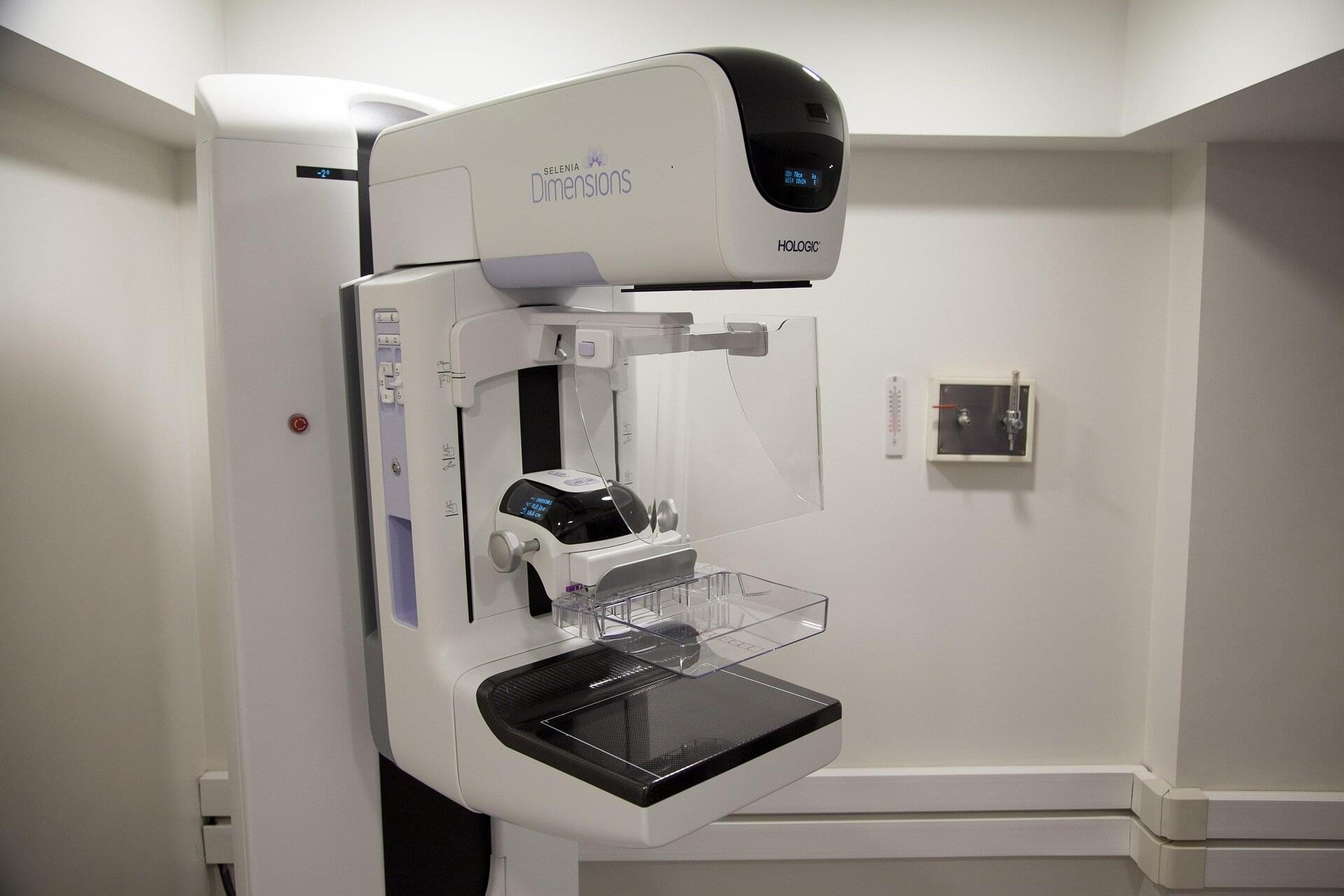In women with dense breasts (breasts with relatively low levels of fatty tissue) and a negative mammogram, supplemental imaging techniques detect early-stage cancers, with imaging techniques three times more effective than ultrasound, finds a Phase III randomized control trial published in The Lancet.
Women with extremely dense breasts, about 10% of those aged 50–70 years in the UK, face a fourfold increased risk of breast cancer compared to those with the least dense breasts.
Mammograms are less effective for detecting early-stage cancer in dense breasts, as the tissue can hide tumors on the breast X-rays. Previous studies have shown MRI and ultrasound are effective supplementary imaging methods, but this study is the first to compare them with contrast mammography in women with normal mammograms and dense breast tissue.
